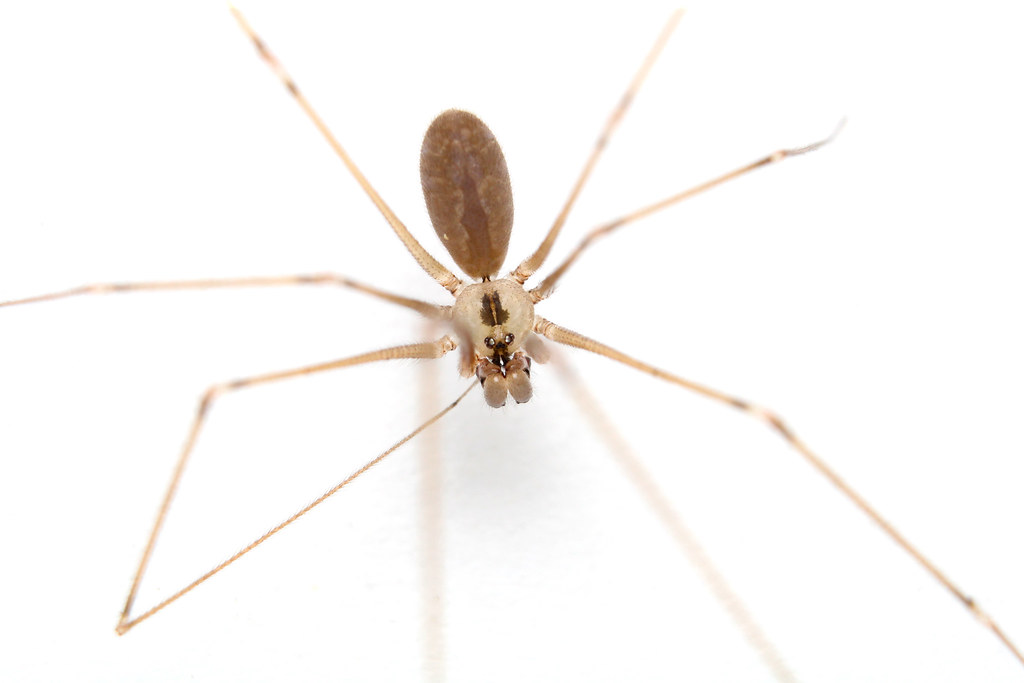Picture this: you’re walking through your basement when you spot a long-legged creature hanging upside down in the corner, seemingly doing absolutely nothing. Your first instinct might be to grab the nearest shoe or vacuum cleaner. But hold on – that unassuming eight-legged resident might just be your home’s most effective security guard, working tirelessly to keep genuinely problematic pests at bay.
The Misunderstood Guardian of Dark Corners
Cellar spiders, scientifically known as Pholcus phalangioides, are among the most misidentified creatures in our homes. These delicate arachnids with their impossibly long legs often get confused with daddy longlegs or even more dangerous species. The truth is, these gentle giants are completely harmless to humans and pets.
Their appearance might seem unsettling to some, but cellar spiders are actually remarkable in their restraint. Unlike aggressive house spiders that might bite when threatened, cellar spiders prefer to shake their webs vigorously when disturbed – a behavior that’s both fascinating and endearing once you understand its purpose.
Nature’s Most Efficient Pest Control System
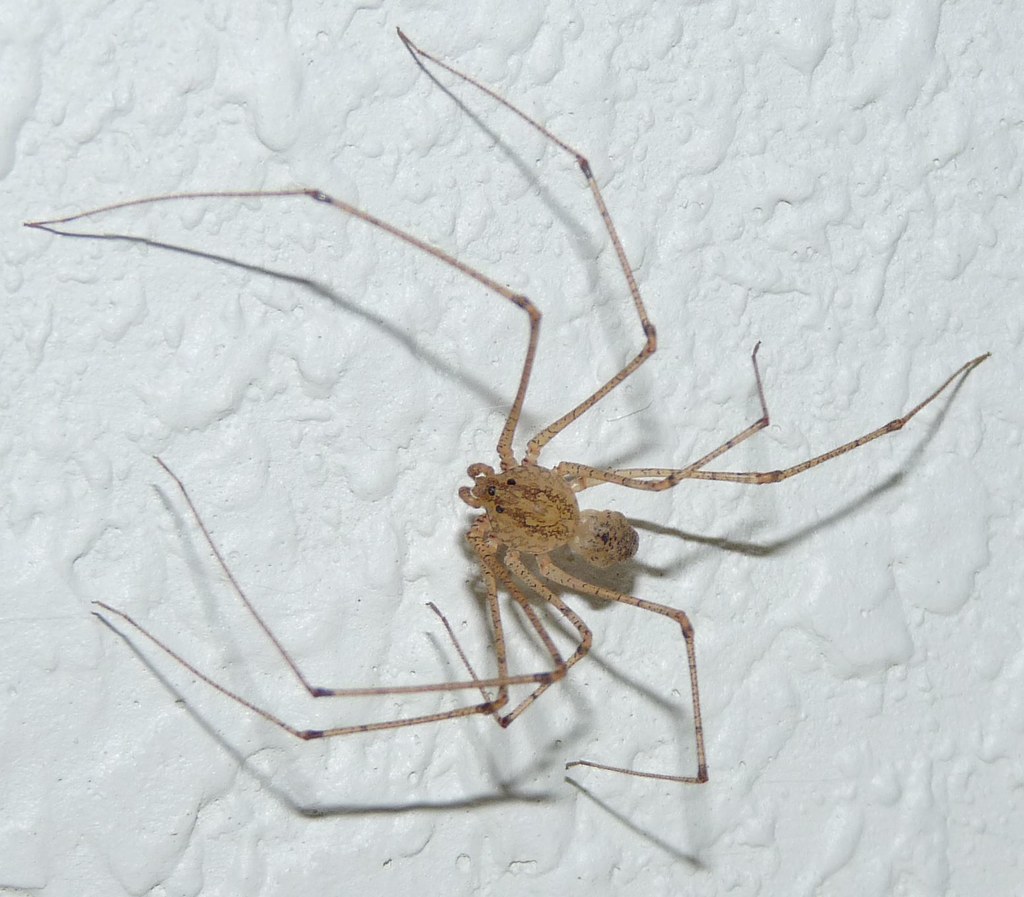
What makes cellar spiders truly extraordinary is their voracious appetite for the insects we actually don’t want in our homes. These skilled hunters consume mosquitoes, flies, moths, and even other spiders with remarkable efficiency. A single cellar spider can eliminate hundreds of flying insects throughout its lifetime.
Their hunting strategy is particularly clever. Instead of actively pursuing prey, they construct irregular, messy-looking webs that are incredibly effective at trapping flying insects. These webs might look haphazard compared to the perfect circles of garden spiders, but they’re perfectly designed for maximum pest capture in confined spaces.
The Science Behind Their Incredible Hunting Abilities
Research has shown that cellar spiders possess extraordinary sensory capabilities that make them formidable predators. Their legs contain thousands of specialized sensory organs that can detect the slightest vibrations, air currents, and chemical signals. This means they can sense a mosquito entering your basement from across the room.
Their fangs, while too small to penetrate human skin, are perfectly designed for subduing smaller prey. They inject a potent venom that quickly immobilizes insects, allowing the spider to consume them without struggle. This efficient system means fewer buzzing annoyances for you and your family.
Why These Spiders Choose Your Home
Cellar spiders aren’t randomly wandering into your living space – they’re there for very specific reasons that actually benefit you. These creatures seek out environments with consistent humidity, minimal disturbance, and most importantly, abundant food sources. If cellar spiders are thriving in your home, it’s often because they’re finding plenty of other insects to eat.
Basements, crawl spaces, and quiet corners provide the perfect habitat for these beneficial arachnids. They prefer areas where they can build their webs undisturbed while still having access to the insects that inevitably find their way indoors. Think of them as nature’s early warning system for pest problems.
The Remarkable Reproductive Strategy That Benefits You
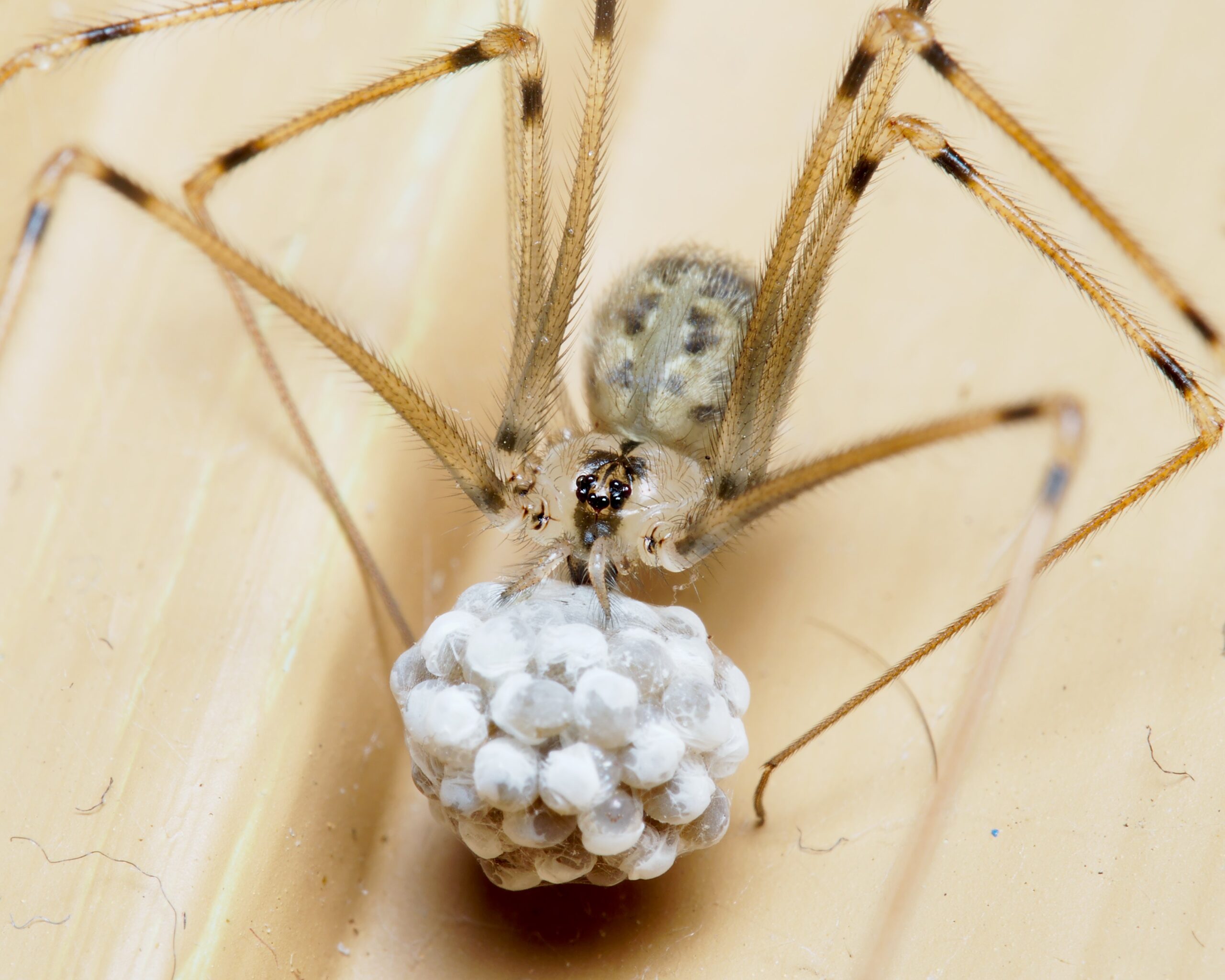
Understanding cellar spider reproduction helps explain why they’re such effective long-term pest control. Female cellar spiders carry their egg sacs with them until the babies hatch, providing protection during the most vulnerable stage of development. This behavior ensures higher survival rates and more effective pest control coverage throughout your home.
Unlike many spider species that produce hundreds of offspring, cellar spiders have smaller broods with higher survival rates. This means you get consistent, sustainable pest control without the overwhelming population explosions that some people fear. Each new generation continues the important work of keeping your home free from flying pests.
Debunking Common Myths and Fears
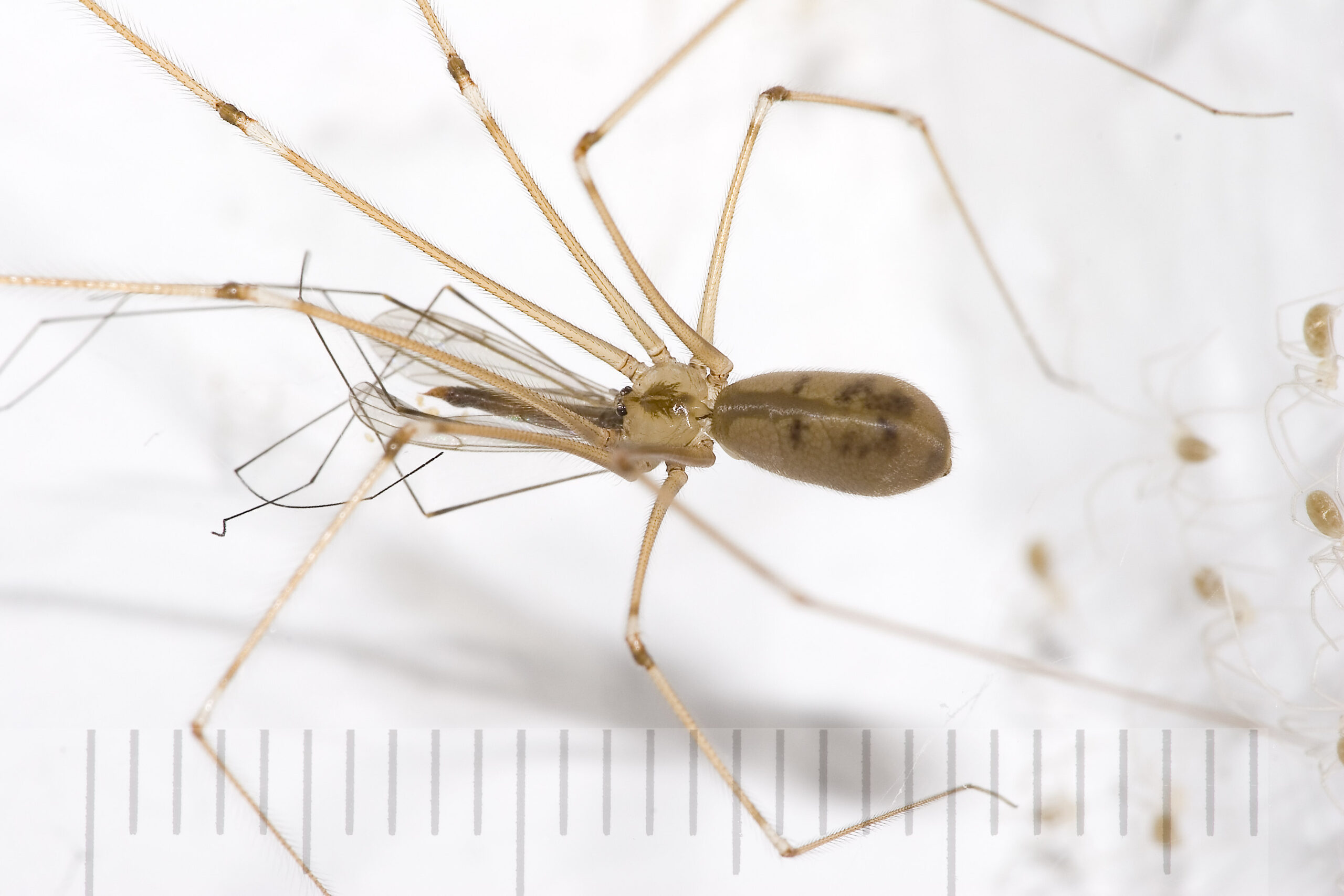
One of the most persistent myths about cellar spiders is that they’re the “most venomous spiders in the world” but their fangs are too small to bite humans. This is completely false – while they do have venom, it’s specifically designed for tiny insects and poses no threat to humans whatsoever.
Another common misconception is that cellar spiders are dirty or unsanitary. In reality, these creatures are incredibly clean, constantly grooming themselves and maintaining their webs. They’re also excellent indicators of indoor air quality, as they’re sensitive to pollutants and chemicals that might affect your family’s health.
The Economic Impact of Natural Pest Control
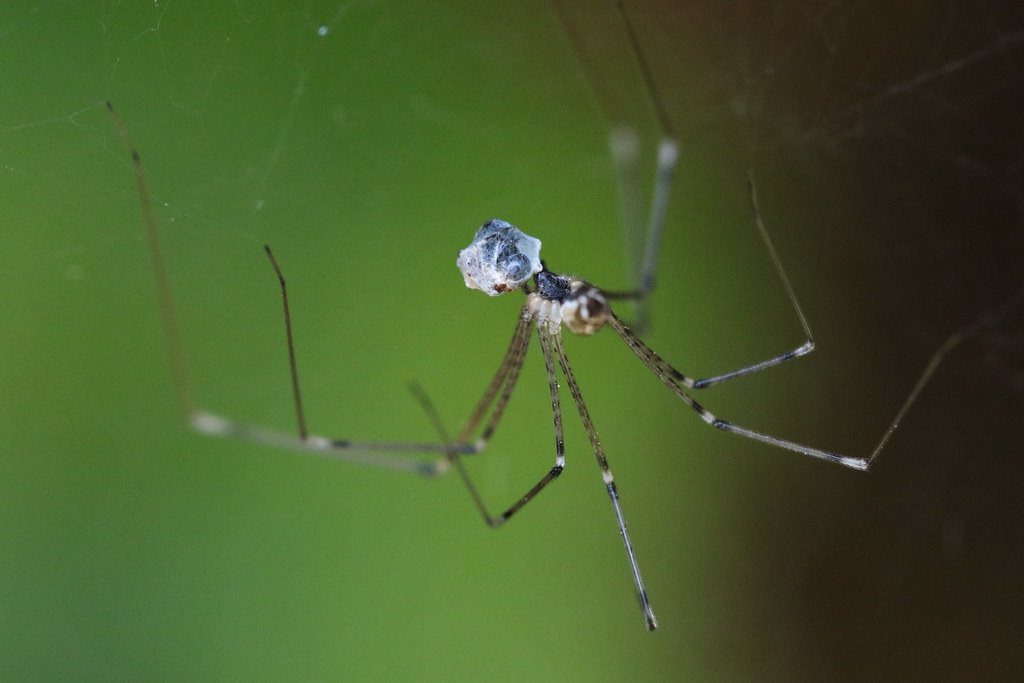
Professional pest control services can cost homeowners hundreds of dollars annually, and many chemical treatments require repeated applications. Cellar spiders provide this service completely free while being environmentally friendly and safe for children and pets.
Studies have shown that homes with healthy spider populations spend significantly less money on pest control products and services. These natural predators work around the clock, providing 24/7 protection against insects that can carry diseases, contaminate food, or simply make your living space uncomfortable.
How to Coexist Peacefully with Your Eight-Legged Allies
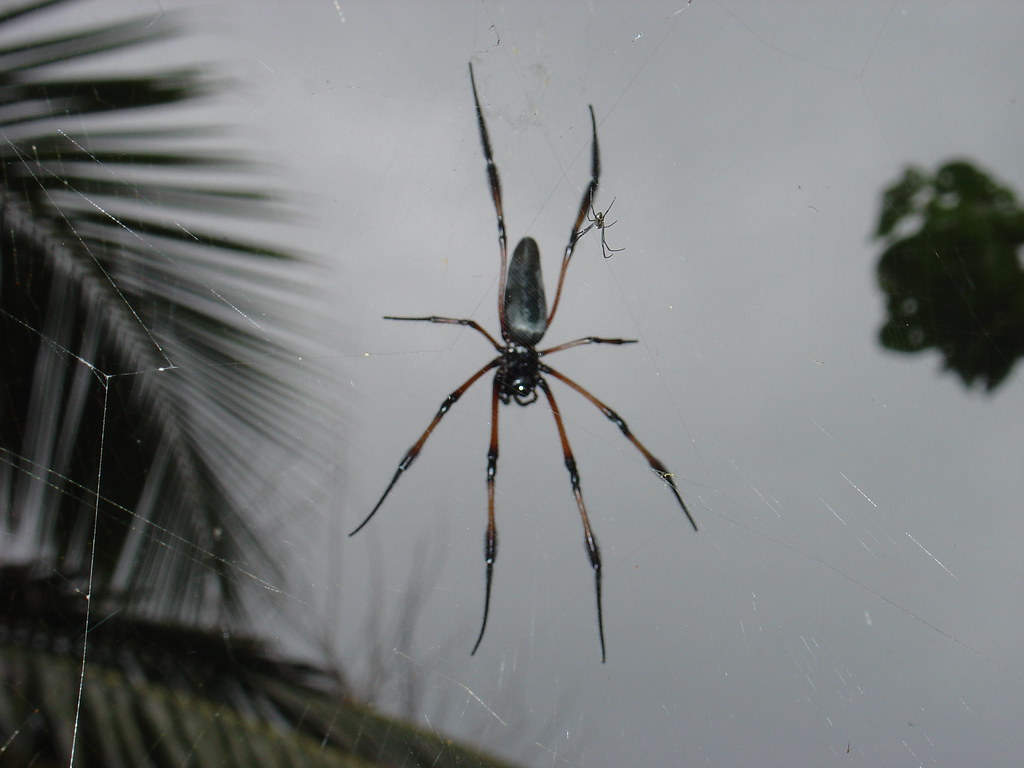
Creating a spider-friendly environment doesn’t mean letting your home become overrun with webs. Simple strategies like leaving undisturbed corners in basements and storage areas allow cellar spiders to do their work while keeping main living spaces clear.
If you absolutely must remove webs from visible areas, do so gently and consider relocating the spider to a more suitable location rather than killing it. Remember, each cellar spider you preserve is potentially saving you from hundreds of mosquito bites and fly annoyances throughout the year.
The Fascinating Web Architecture of Cellar Spiders
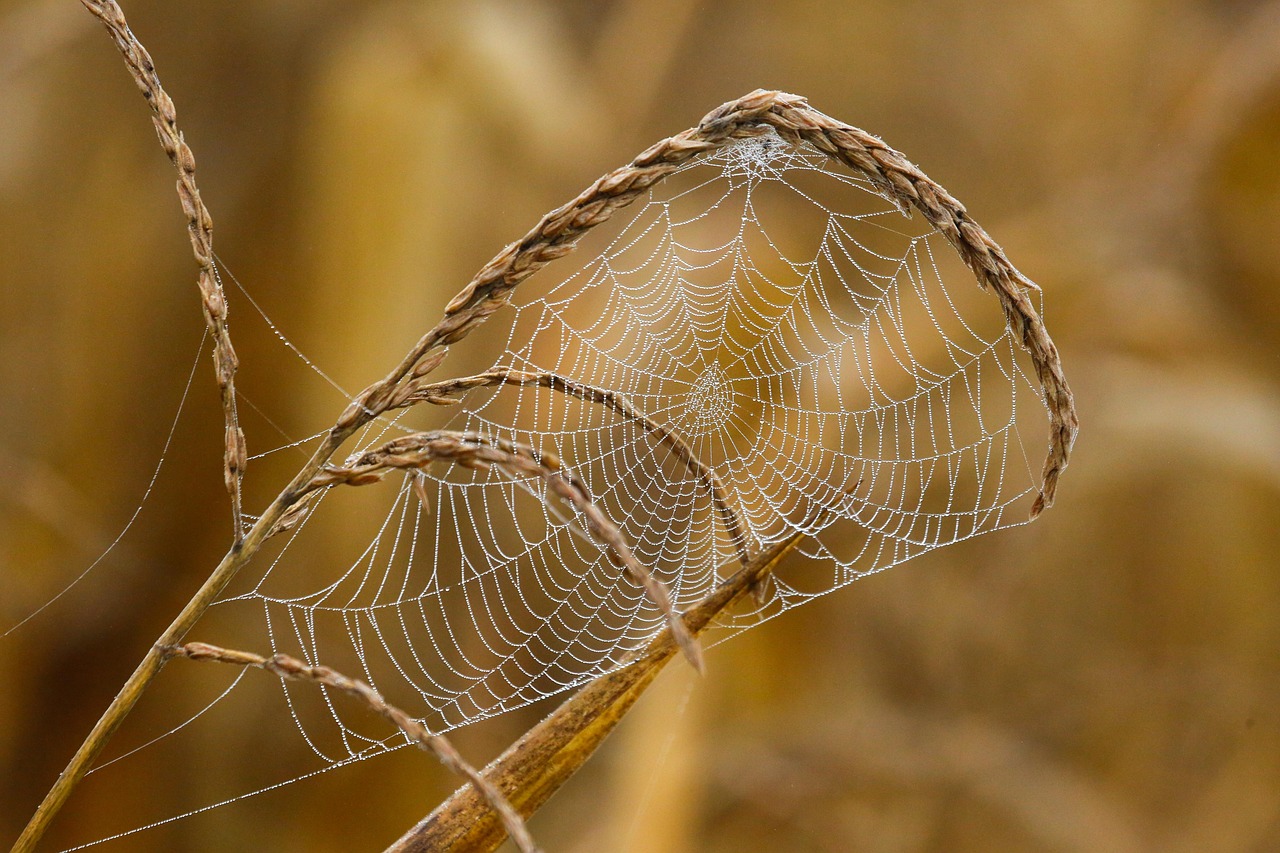
Cellar spider webs might look chaotic, but they’re actually marvels of engineering designed for maximum efficiency in enclosed spaces. Unlike the symmetrical orb webs of garden spiders, cellar spider webs are three-dimensional tangles that can capture prey from multiple angles and directions.
These webs are surprisingly durable and can capture insects much larger than the spider itself. The irregular structure also serves as a vibration amplifier, helping the spider detect trapped prey from considerable distances. Watching a cellar spider respond to a trapped fly is like observing a master craftsman at work.
Seasonal Behavior and Activity Patterns
Cellar spiders exhibit interesting seasonal behaviors that make them even more valuable as pest controllers. During warmer months when insect activity peaks, these spiders become more active and reproductive, naturally scaling up their pest control efforts when you need them most.
In winter, when many insects seek shelter indoors, cellar spiders maintain their vigilant watch. While they may become less active in very cold conditions, they continue to patrol their territories and eliminate any insects that manage to find their way inside your heated home.
The Role of Cellar Spiders in Ecosystem Balance
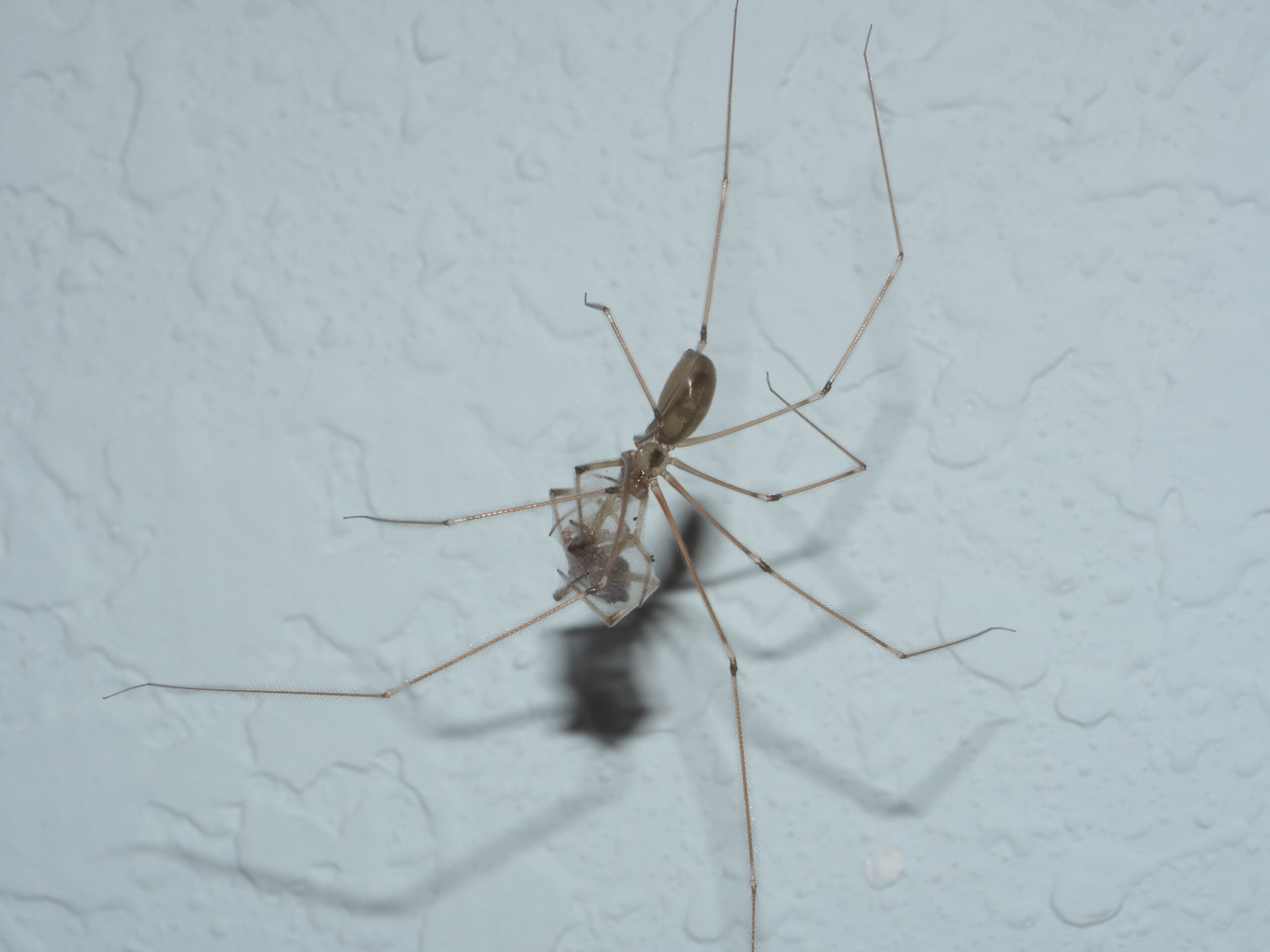
Within your home’s mini-ecosystem, cellar spiders serve as crucial predators that help maintain balance. They prevent insect populations from exploding while also serving as food for other beneficial creatures like house centipedes and certain bird species that might venture indoors.
This natural balance is particularly important in preventing the establishment of more problematic pest species. When cellar spiders keep fly and mosquito populations in check, they also reduce the likelihood of these insects reproducing and creating larger infestations that would require more aggressive control measures.
Health Benefits of Having Cellar Spiders Around
Beyond simple pest control, cellar spiders provide significant health benefits by targeting disease-carrying insects. Mosquitoes, flies, and gnats can transmit various pathogens and parasites, making their elimination crucial for family health and safety.
Indoor air quality also improves when cellar spiders control populations of insects that might otherwise die in hard-to-reach places and decompose. These spiders essentially provide a cleaning service by removing potential sources of bacteria and unpleasant odors from your living environment.
Conservation and Appreciation of These Remarkable Creatures
Cellar spiders face threats from habitat destruction, chemical pesticides, and human persecution based on fear and misunderstanding. By learning to appreciate these creatures, we can contribute to better indoor ecosystem health and reduce our reliance on harmful chemical treatments.
Simple conservation measures like avoiding pesticide use in spider habitats and educating family members about the benefits of cellar spiders can make a significant difference. These small actions contribute to a healthier home environment and demonstrate respect for the natural world that exists all around us.
The Future of Natural Pest Management
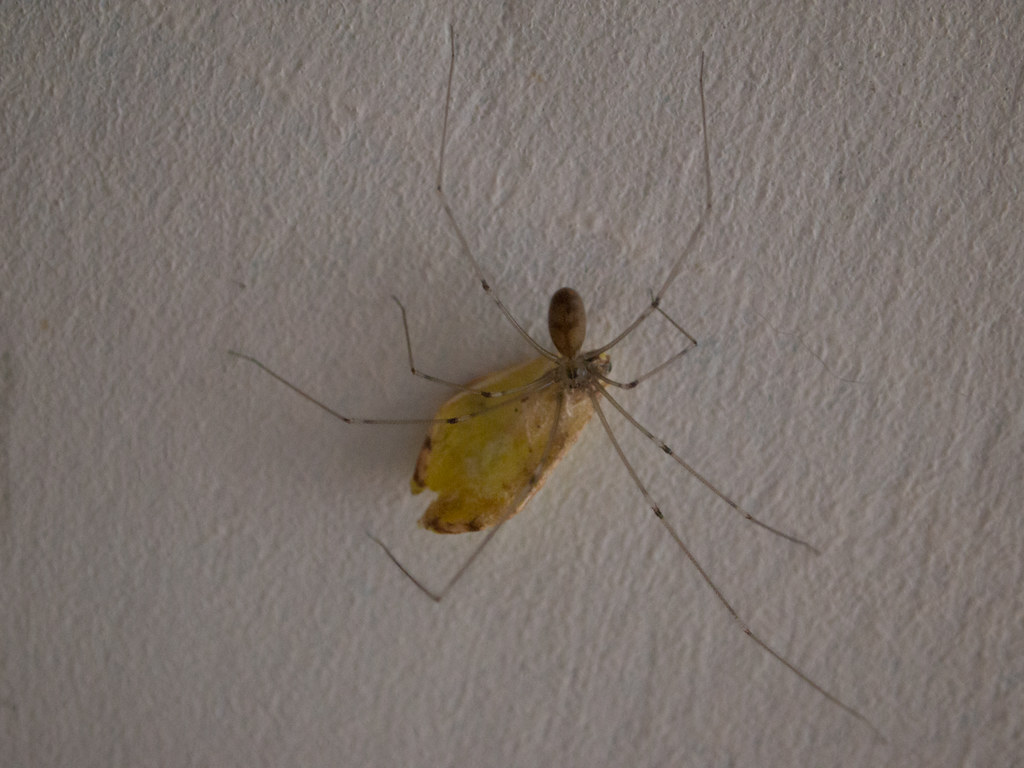
As awareness grows about the environmental and health impacts of chemical pesticides, more homeowners are discovering the value of biological pest control. Cellar spiders represent one of the most effective and sustainable approaches to managing indoor insect populations.
Research continues to reveal new insights about spider behavior and their role in integrated pest management systems. Understanding these creatures better allows us to create homes that work with nature rather than against it, resulting in healthier living environments for everyone.
The next time you encounter a cellar spider in your home, take a moment to appreciate the remarkable creature before you. These gentle guardians work tirelessly to protect your family from genuine pest problems while asking for nothing more than a quiet corner to call home. By embracing these natural allies, you’re not just solving pest problems – you’re participating in a more sustainable and harmonious relationship with the natural world that shares your living space. What would happen if every homeowner recognized the true value of these misunderstood defenders?

